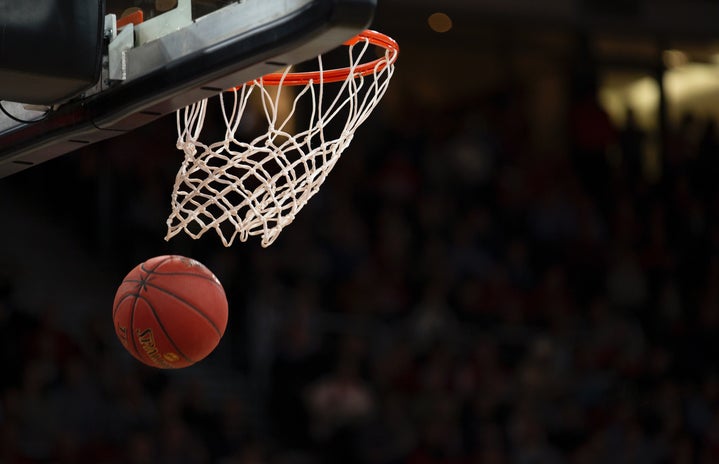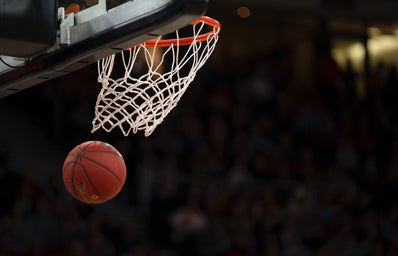Inequality is still prevalent in women’s sports, most recently in the 2021 NCAA’s March Madness tournament. Videos and photos have gone viral on multiple social media platforms showing disparities in men and women amenities during this year’s tournament. From weight rooms to gift bags, it’s clear that the women players were not provided equal treatment. Let’s break down these differences and what they mean for Title IX.
Sedona Prince, forward for Oregon Ducks women’s basketball team, posted a Tik Tok on March 19 showing the men’s and women’s weight rooms. “This is our weight room,” said Prince as she shows a single rack of dumbbells. “Let me show y’all the men’s weight room”, said Prince before the video cuts to a room filled with equipment including plates, bars and weight racks. These differences caused a lot of outrage over social media.
A statement was released by Lynn Holzman, NCAA VP of women’s basketball. Holzman said the difference in the workout areas was due to a lack of space. However, Prince’s Tik Tok shows plenty of space for where the women’s exercise equipment could have gone. The NCAA corrects these differences by later providing a weight room for the women. Prince updates her Tik Tok with another video showing this workout area. “…Thank you NCAA for listening to us…,” said Prince. Unfortunately, the disparities did not end there.
Photos showing the differences between the NCAA’s women’s and men’s gift bags have also gone viral. Tweets showed the men receiving far more supplies and gifts than the women. There was also discussion about the food given to the men and women. The men’s teams were offered buffets filled with “lobster mac and cheese and petite filet”, while the women were given “frozen food”. Title IX should protect against these disparities, but the law does not apply to the NCAA.
This isn’t the first time the NCAA has been accused of unfair treatment to their women players. In the Supreme Court case NCAA v. Smith, the organization was sued under Title IX by Renee M. Smith, a former college volleyball player. Smith was “denied a waiver that would have allowed her to play intercollegiate volleyball” and alleged that the NCAA grants a disproportionate number of these waivers to men. Title IX is a federal law in the Education Amendments Act of 1972. The law states that no person should “be excluded from participation in, be denied the benefits of, or be subjected to discrimnation under any education program or activity receiving Federal financial assistance.” The Supreme Court decided that the NCAA is not subject to Title IX because it does not receive federal funding. Although the NCAA does not legally have to comply with Title IX, it still stated it will voluntarily. As seen on their website, their office of inclusion is committed to “supporting the membership as it strives to comply with federal and state laws regarding gender equity.”
Some changes have been made regarding these recent violations of Title IX, but it is frustrating that it took team players speaking out to have them happen. Hopefully, in the future, the NCAA will stand by their statements and treat their women players with the same respect and equality as they do for their male counterparts.
Sources: 1, 2, 3, 4, 5, 6, 7, 8, 9, 10, 11


